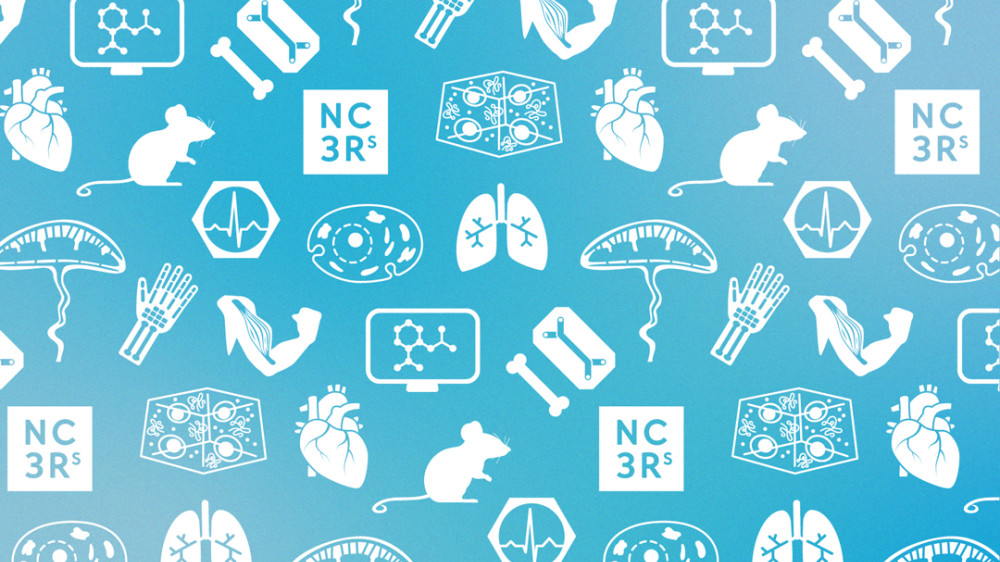This series will showcase non-animal approaches in research fields associated with high levels of animal use across four sessions.
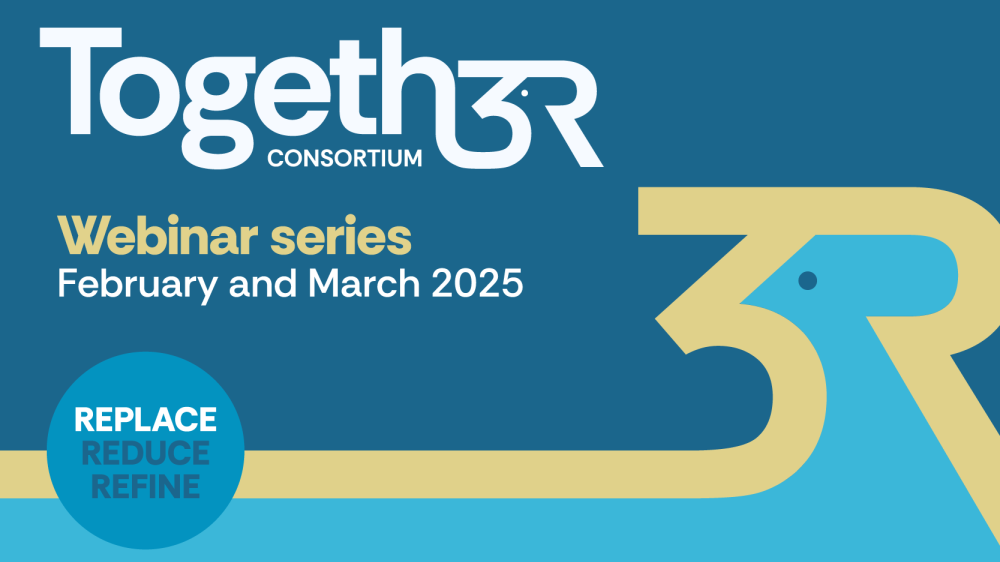
This series will showcase non-animal approaches in research fields associated with high levels of animal use across four sessions.

We have committed over £1M towards the development of non-animal methods.
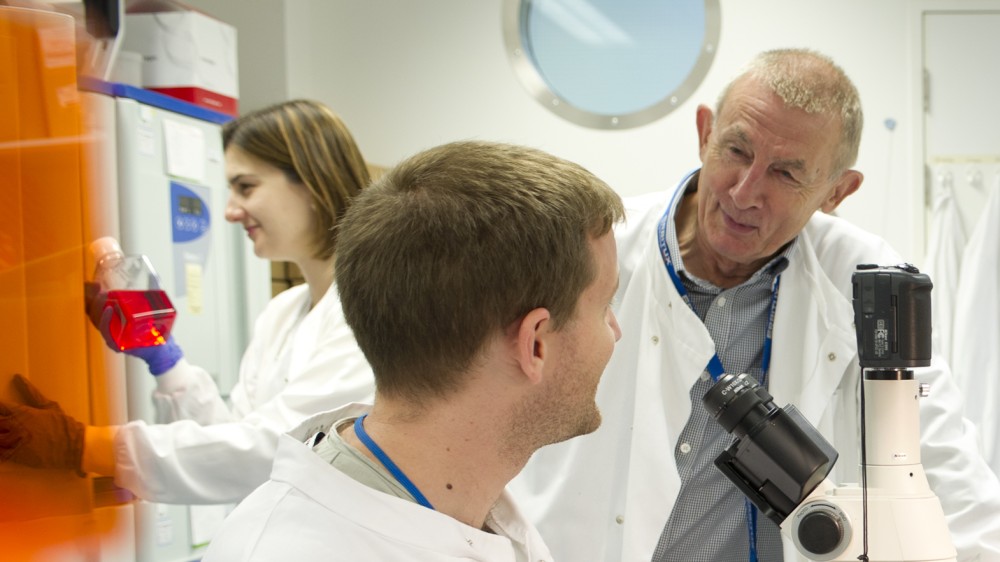
We look back at 20 years of innovation in the 3Rs in an AI special issue of The Biologist, the magazine from the Royal Society of Biology.

21 awards have been supported with DSIT funding to accelerate the uptake of non-animal approaches and replace animal-derived products in research and testing.
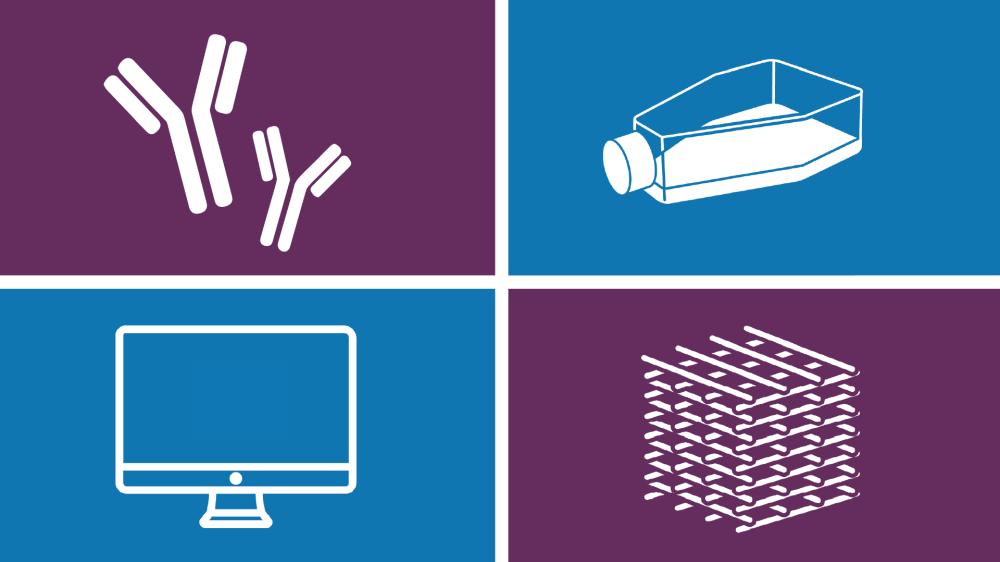
Hear how lecturers at the University of Nottingham are using the Experimental Design Assistant (EDA) as an engaging and practical way to teach experimental design.

The ARRIVE study plan is a freely available resource to assess the rigour and improve the transparency of planned animal research.
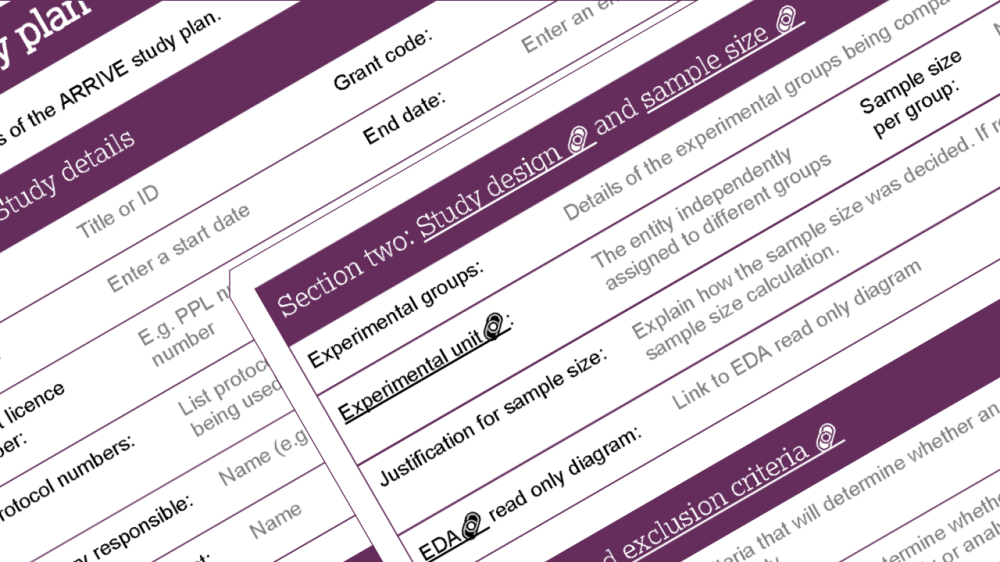
£10M will be available to support interdisciplinary research clusters.
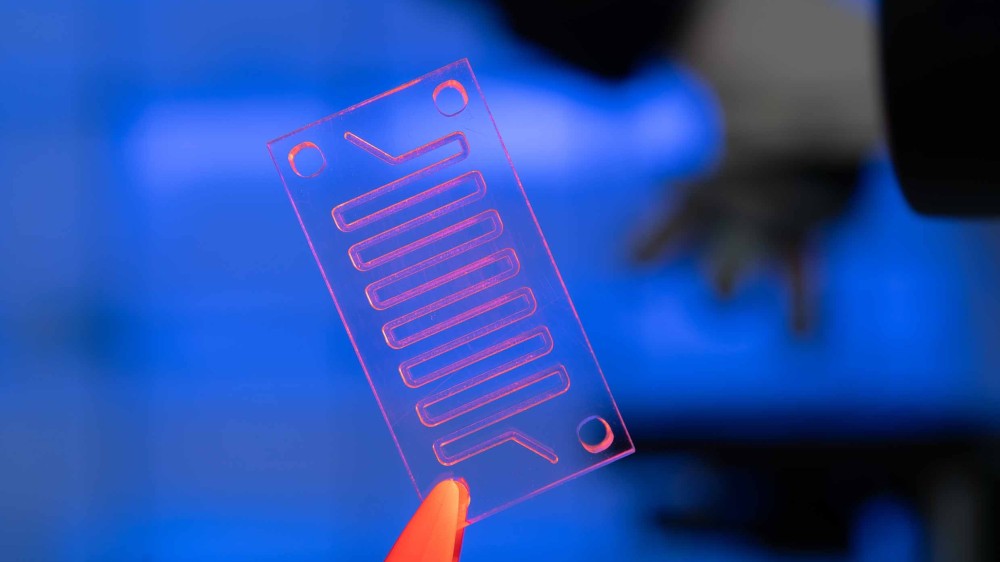
We have made the first Network primer awards to our 3Rs Network members to establish collaborations and apply 3Rs technologies to new research questions.

Explore the evolving relationship between genetic modification and the 3Rs over the past two decades in our article in the Genetics Society magazine.

Analysis led by the NC3Rs aims to inform new endocrine disruption testing requirements in the EU to avoid substantially increasing animal use and resource.

Our total commitment for project grants over the past twenty years has now surpassed £50M, supporting 3Rs method development, characterisation and dissemination.
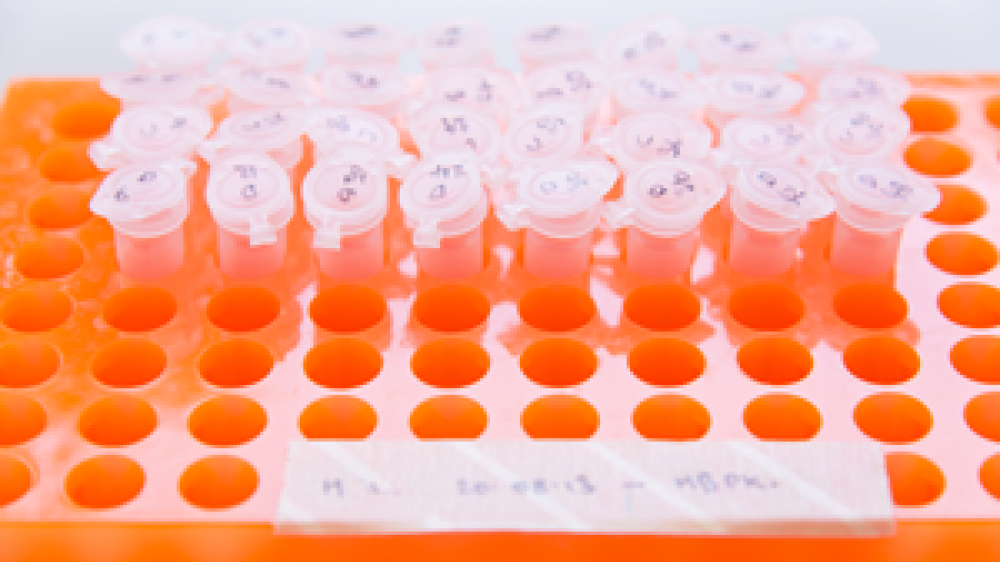
Our Experimental Design Assistant (EDA) helps you to design robust and meaningful animal experiments. With a wealth of information, features and tools, here are our tips to help you make the most of the EDA.
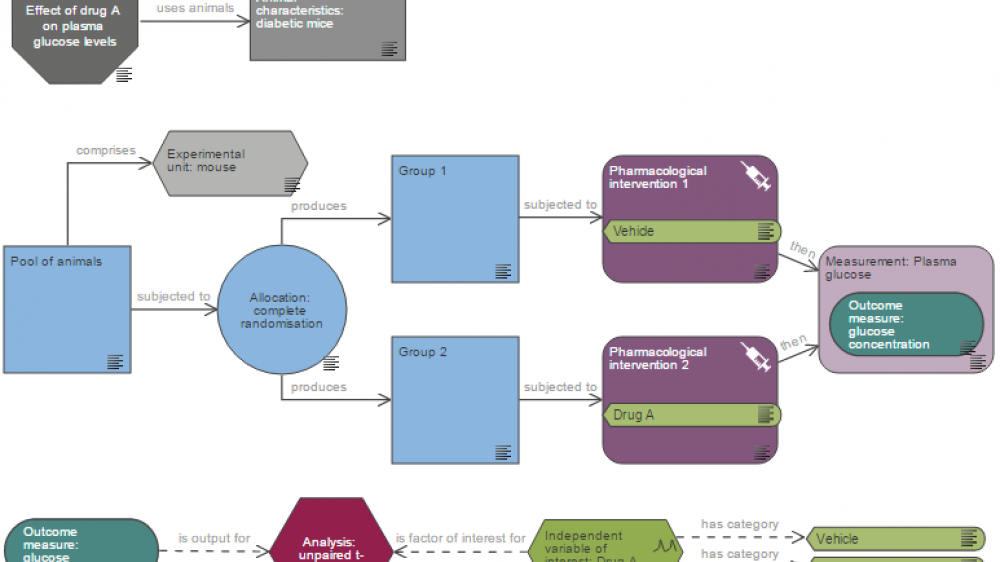
An in vitro assay to test follicle-stimulating hormone potency has been recognised in the annual NC3Rs Prize which is co-funded by GSK.
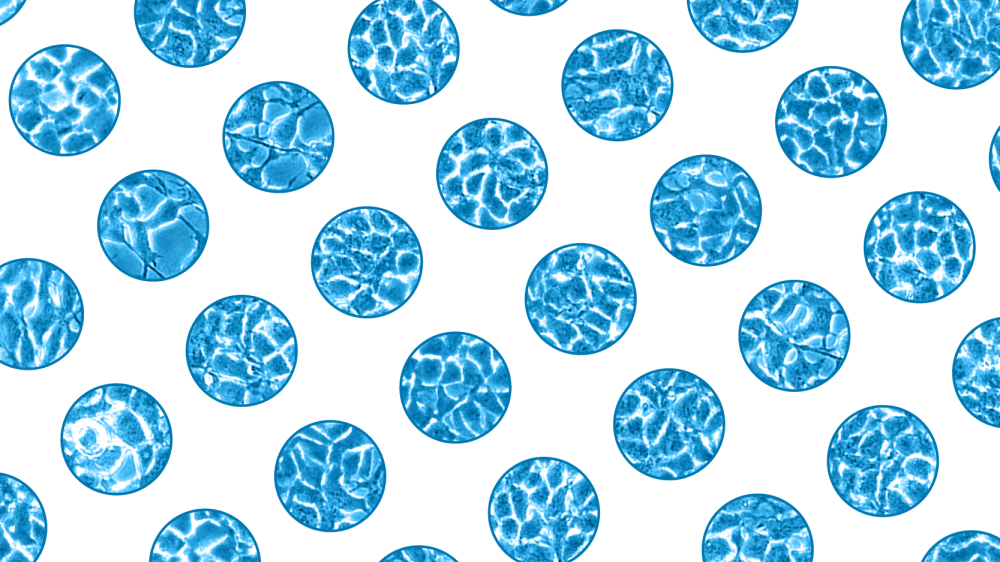
In collaboration with the Only Good Antibodies community we are improving the integrity and reproducibility of biomedical research that relies on commercial antibodies.

Our latest impact stories feature three replacement approaches developed through NC3Rs funding that were the first in vitro models validated to replace animal use for specific experiments in their research areas.
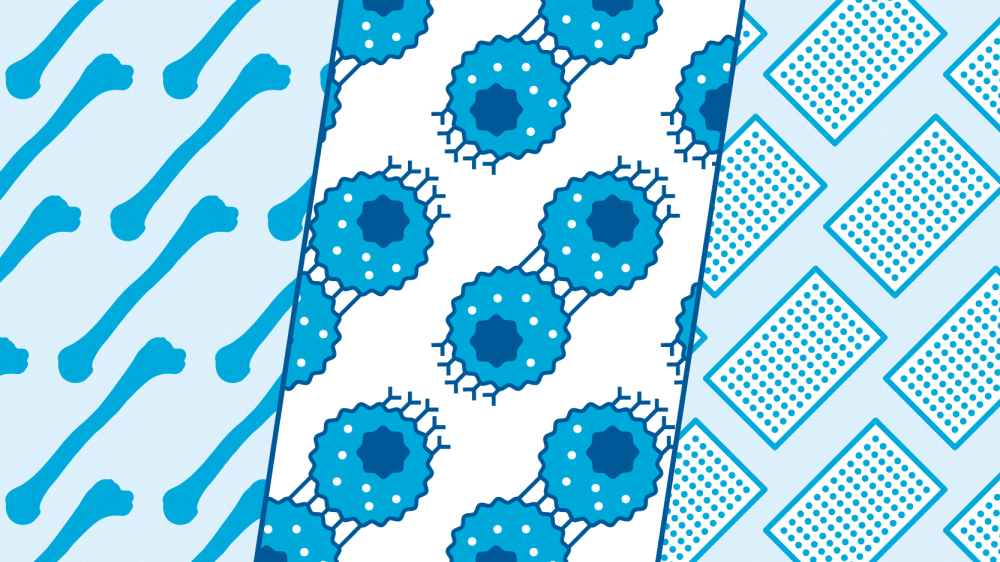
Two new funding opportunities to develop new approach methodologies for avian toxicity or an easy-to-use shelter to improve post-operative recovery and monitoring of rodents.
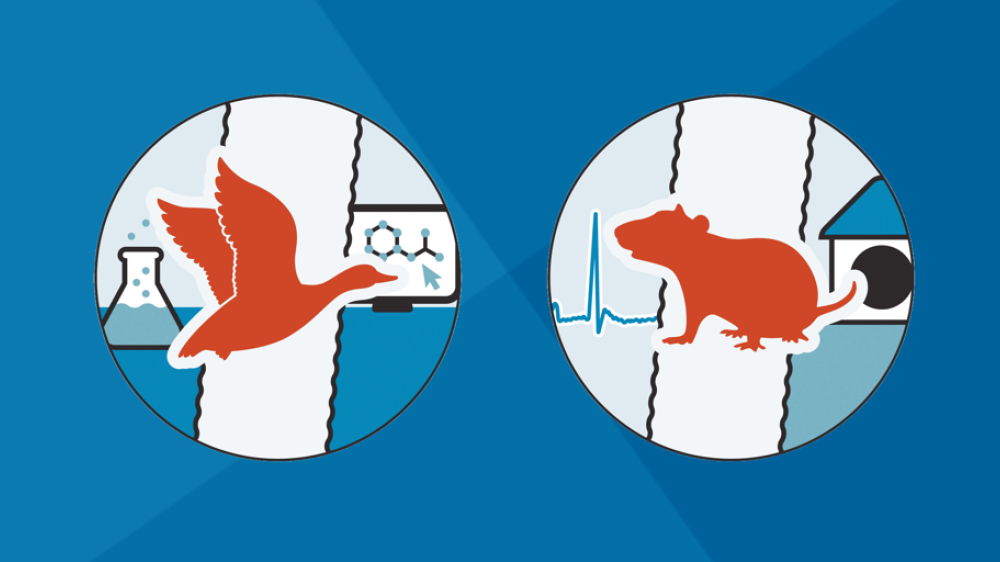
We are launching a new funding opportunity through a strategic collaboration with BBSRC to help researchers commercialise their 3Rs tools and technologies.
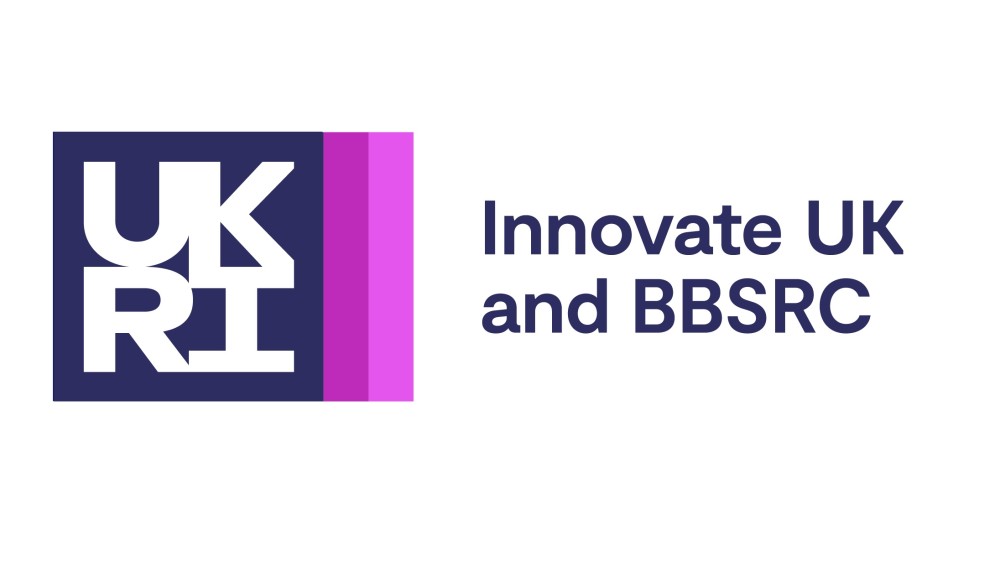
NC3Rs new Partnerships and Impact awards offer up to £200k to support the transfer of 3Rs approaches into new research organisations.
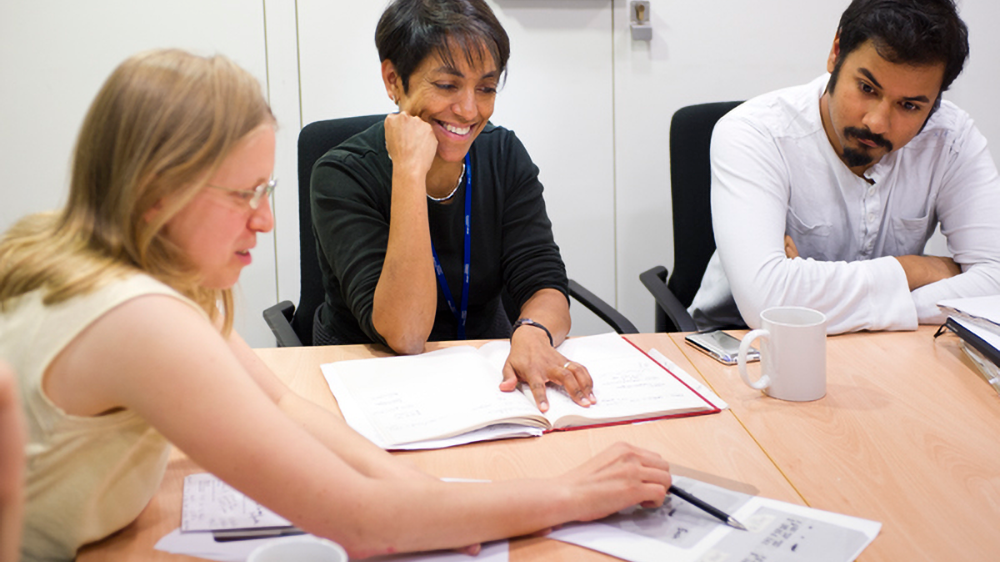
NC3Rs Programme Manager Dr Elliot Lilley reflects on the united vision that drove the success of our project to embed the 3Rs in quality, safety and efficacy testing of vaccines and biological therapeutics.

We are partnering with Pint of Science to invite you to learn more about the science behind replacing animals in research.
